What did you think when ChatGPT first came out? Maybe you were in the “nice, but useless gadget” camp. Or did you immediately see it as a powerful tool that will shake up our industry? The latter has proven true. Artificial intelligence (AI) tools have only been available for a short time. But you can already see an impact in many areas of the hospitality industry. That goes for both hotels and travelers.
Let’s look at the challenges and opportunities this new development brings for your property.
AI in Travel Research: A Hot New Tool That Is Shaking Things Up
It was only a matter of time before AI began impacting travel. And while this new technology is still developing, we’re already seeing changes in traveler behavior from the discovery phase to the booking process.
From Keywords to Context
In the past, people began their research with terms like “hotels in Barcelona.” This led properties to optimize their website for high-volume search terms to attract site visitors.
Their approach worked because search engines focus heavily on keywords, leaving it to the searcher to weed out the many irrelevant options. You know from personal experience how time-consuming and often frustrating this is.
AI models take a different approach. They base suggestions on the user’s concrete request, past behavior, reviews, and the options available in the market. This helps them understand search intent, preferences, and context. Consequently, results are more curated.
Travelers are eager to embrace this new way of searching. 57% hope for more relevant results by using AI. They see it as an efficient way to personalize their trips down to the last element. In exchange, 48% are ready to share more personal data during research.
Visual and Conversational Search
AI allows users to ask the exact questions they have on their mind. They no longer need to think up an artificial-sounding query to improve result relevance.
For example, now people are asking AI assistants specific questions like: “Where should I stay for a quiet, romantic getaway in Barcelona next month?”
It almost sounds like they’re talking to a travel agent or a globetrotting friend. At the same time, it provides the AI with details needed to make relevant suggestions.
If they need to, users can quickly refine results by asking for specific details like pet-friendliness or gluten-free food options. This yields a short list of properties that match their requirements and helps them make a booking decision more quickly.
The Rise of AI-Powered Trip Planners
Research by Hilton found that 78% of travelers want the option to plan and book trips entirely online. And 77% want to use their devices seamlessly while on the road.
That’s another powerful reason behind AI tools gaining popularity in travel planning.
But organizing a trip with the likes of ChatGPT can be tricky. It offers good ideas for established destinations with lots of content to draw from, e.g., Paris, Bangkok, or Las Vegas. You’ll have less success with off-the-beaten-path destinations or specific things like flight and train timings, though.
Luckily, there’s a solution. Specialized AI-powered travel solutions are emerging, offering the chance to book and plan the entire trip in one spot. Expedia’s AI assistant, Romie, is a good example. It provides reliable support at every step of the journey, even when something goes wrong.
Interesting independent providers like Black Tomato are on the rise as well. It uses AI to create trips based on the client’s interests, party size, and even their desired emotional state.
In the future, you will see more such options emerge to allow for the hyper-personalized planning, booking, and travel experience people crave today.
How to Adapt to the AI-Driven Travel Search Revolution
AI brings new opportunities and challenges to the hotel industry. Make the most of this new technology with the following four tips.
For one thing, it will further drive digitalization with global online bookings set to make up 73% of travel sales by 2029. Paired with the need to compete in crowded markets, drive revenue, keep costs down, and provide an unforgettable guest experience.
1. Use Structured Data and AI-Friendly Content
AI travel planners can link to your hotel website directly. This offers a fantastic opportunity to drive qualified traffic and generate valuable direct bookings.
To increase your chances of receiving these coveted links and tell AI tools about your hotel, follow these steps:
- Maintain your website: Provide detailed, up-to-date information about all amenities, services, and add-ons available at your hotel. Use human-sounding language instead of marketing speak to better catch the AI tool’s attention.
In times of hyper-personalization, every detail counts! Even something seemingly small, like highlighting the availability of TV streaming, can lead to more bookings. - Optimize your content for conversational queries: Write your FAQ section to sound like the questions people ask their AI assistants or search engines. This increases your chances of ranking in search results or within the AI trip planner.
- Broaden your online presence: Encourage reviews, engage with social media followers, and ensure your OTA profiles feature all the latest hotel details. That helps AI tools find, understand, and mention your property.
2. Implement Next-Level Dynamic Pricing
Too many dynamic pricing models remain reactive. They rely on historical patterns and update rates only after demand and competitor rates have started changing.
Yes, this is better than using static rates. But you’re likely still leaving money on the table or losing bookings because you’re outpricing your competition.
Avoid this pitfall with the help of an RMS like Atomize that leverages forward-looking demand data and AI to recommend optimized rates.
In today’s quickly changing environment, this is the key to detecting and appropriately responding to market shifts. It allows you to always offer travelers the best deal that aligns with their preferences, ensuring they not only see but choose your property.
You might be wondering: “What if I don’t agree with a rate suggestion, or I have another issue with the system?”
AI helps here, too! Just ask Rory, Atomize’s newest teammate. Rory is a smart, AI-powered support bot that immediately answers all your RMS-related questions – no matter the time of day. (And if Rory can’t help, of course, our human team takes over.)
3. Use Guest Data to Hyper-Personalize the Stay Experience
According to research by Ernst and Young,
“the core value of AI in the hotel industry lies in its capacity to redefine customer service and operational efficiency.”
AI-powered assistants and chatbots have made their debut here and are now widely used in the industry. As AI develops further, these tools will take on an ever bigger role in creating a smooth, customized guest experience.
The tools already offer travelers relevant digital services, hotel information, and add-on options at their fingertips. This frees up your staff to spend more time on meaningful interactions rather than purely administrative tasks, e.g., keying in the latest arrival.
But it gets better with innovations like Mews AI Smart Tips. It collects vast amounts of guest data from digital interactions and saves it directly to their profile. That can include everything from room preferences and dietary needs to their pet’s name and their favorite restaurant in town.
Next time this person arrives, your team can pull up their profile and immediately see all information in one place. No more sifting through the PMS, CRM, and hand-written notes. Instead, your staff can directly offer to book a table at their preferred venue and create the enriching experience travelers seek.
4. Leave Your Mark
AI was not designed with hospitality in mind. Given the content it was trained with, it understands industries like healthcare and law better than ours. This has led to the so-called AI-Gap.
To close this gap, our industry must contribute to the AI training process. This will improve AI solutions and get better results for users in hospitality.
How can you do this? Start by using AI-powered solutions and sharing your feedback. If you can, join data partnerships to share information across the travel ecosystem, e.g., with AI travel planners.
This can make the following scenario possible: your guest’s flight is delayed. This information reaches your hotel automatically, and the airport pick-up and restaurant booking are immediately adjusted to the new arrival time. This sounds futuristic now. But with the right tools and collaborations, this could become possible sooner than you think.
Play your part in this development and be among the forerunners who provide the flexible, hyper-personalized service travelers are searching for.
Free Calculator: Revenue Management System ROI Calculator
With this revenue calculator, you discover how much revenue uplift a revenue management system can generate for your hotel. By answering a few short questions, the revenue calculator shows your hotel’s revenue potential within a few minutes.
Click here for the “Revenue Management System – Return on Investment Calculator”.
Some AI trends will take years to spread, while others can be applied today. Since AI is here to stay, hotels should act now. Optimize your online presence and adopt AI tools to future-proof distribution operations and guest experiences.
More Tips to Grow Your Business
Revfine.com is the leading knowledge platform for the hospitality and travel industry. Professionals use our insights, strategies, and actionable tips to get inspired, optimize revenue, innovate processes, and improve customer experience.Explore expert advice on management, marketing, revenue management, operations, software, and technology in our dedicated Hotel, Hospitality, and Travel & Tourism categories.

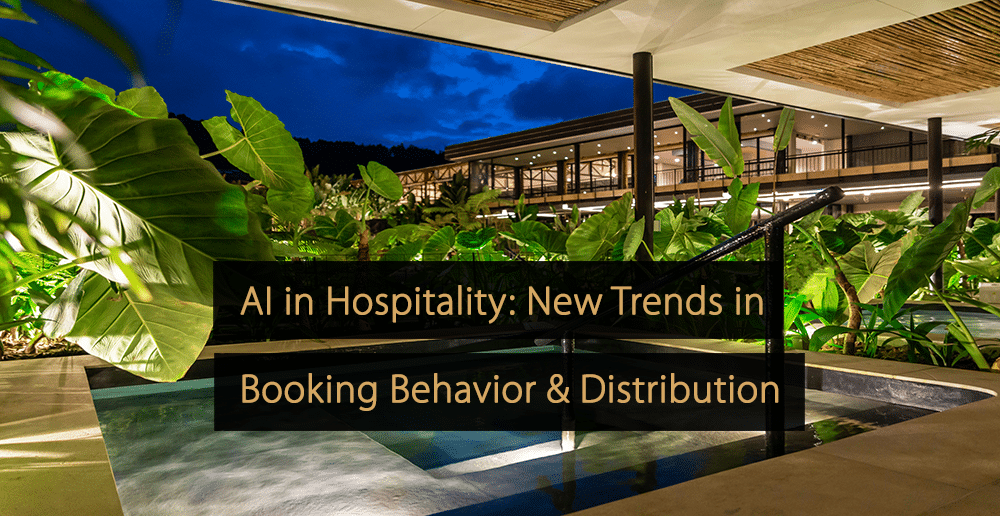
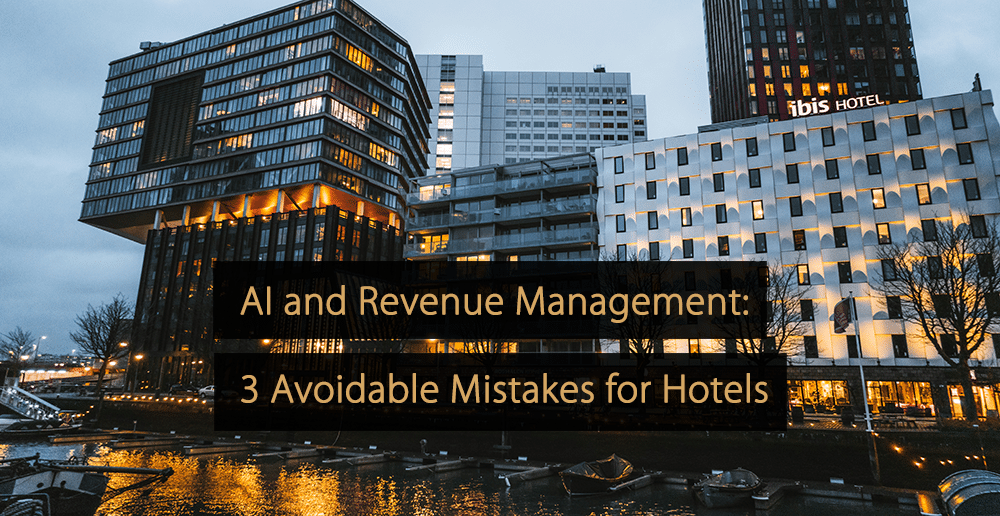
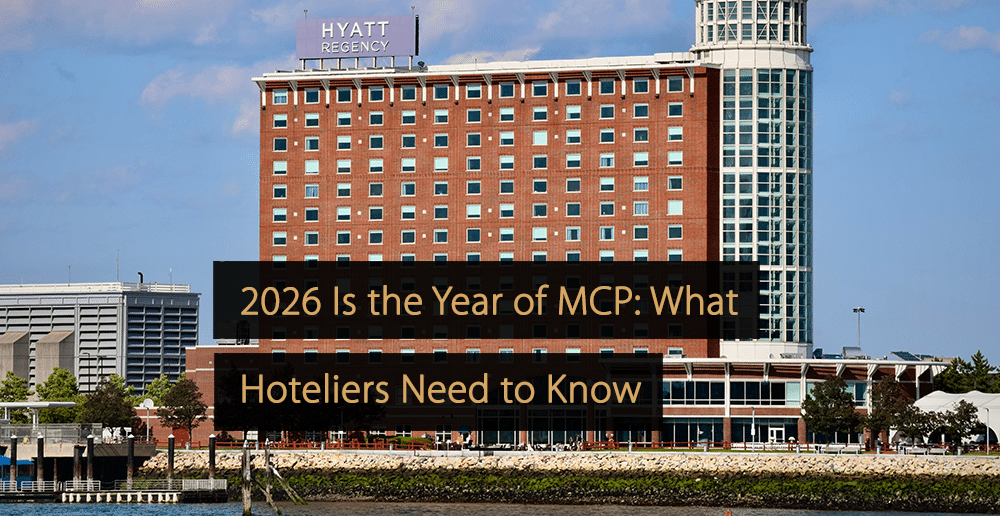
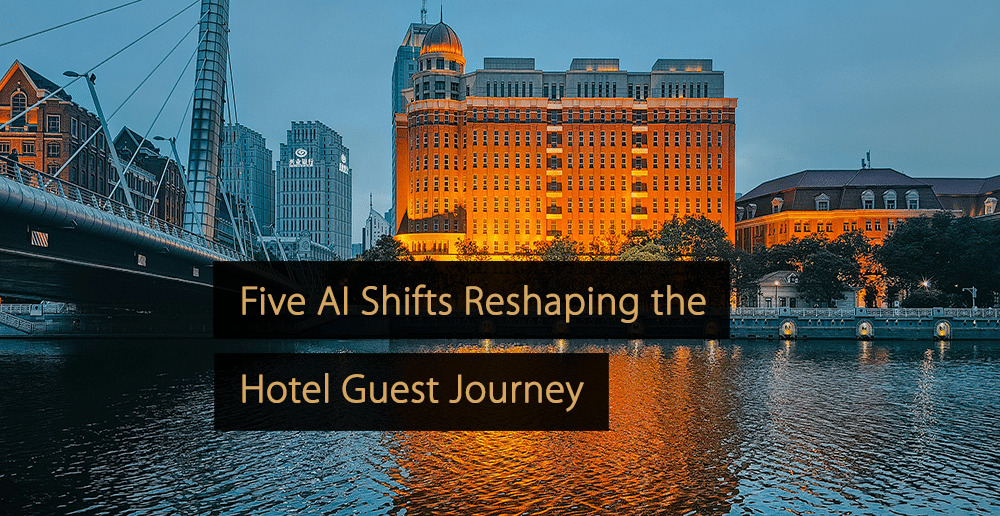

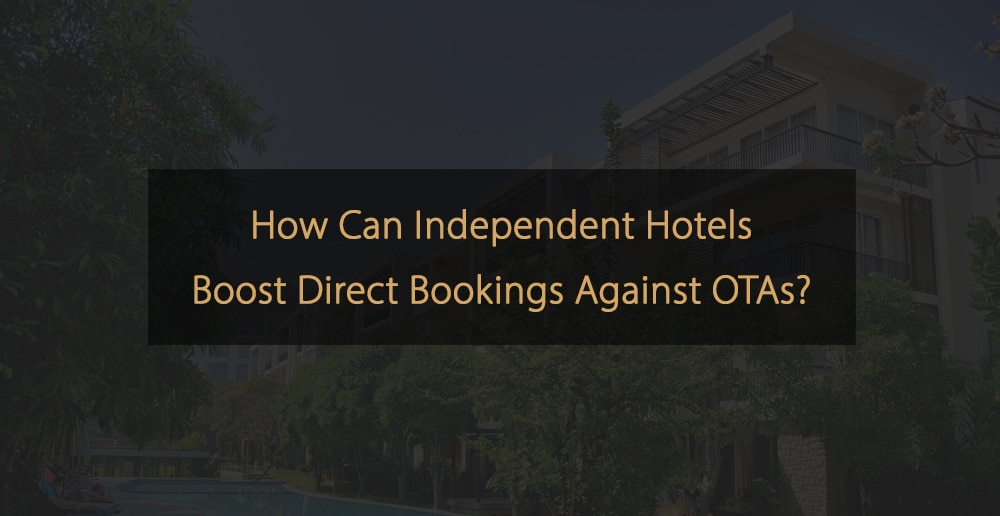

Leave A Comment